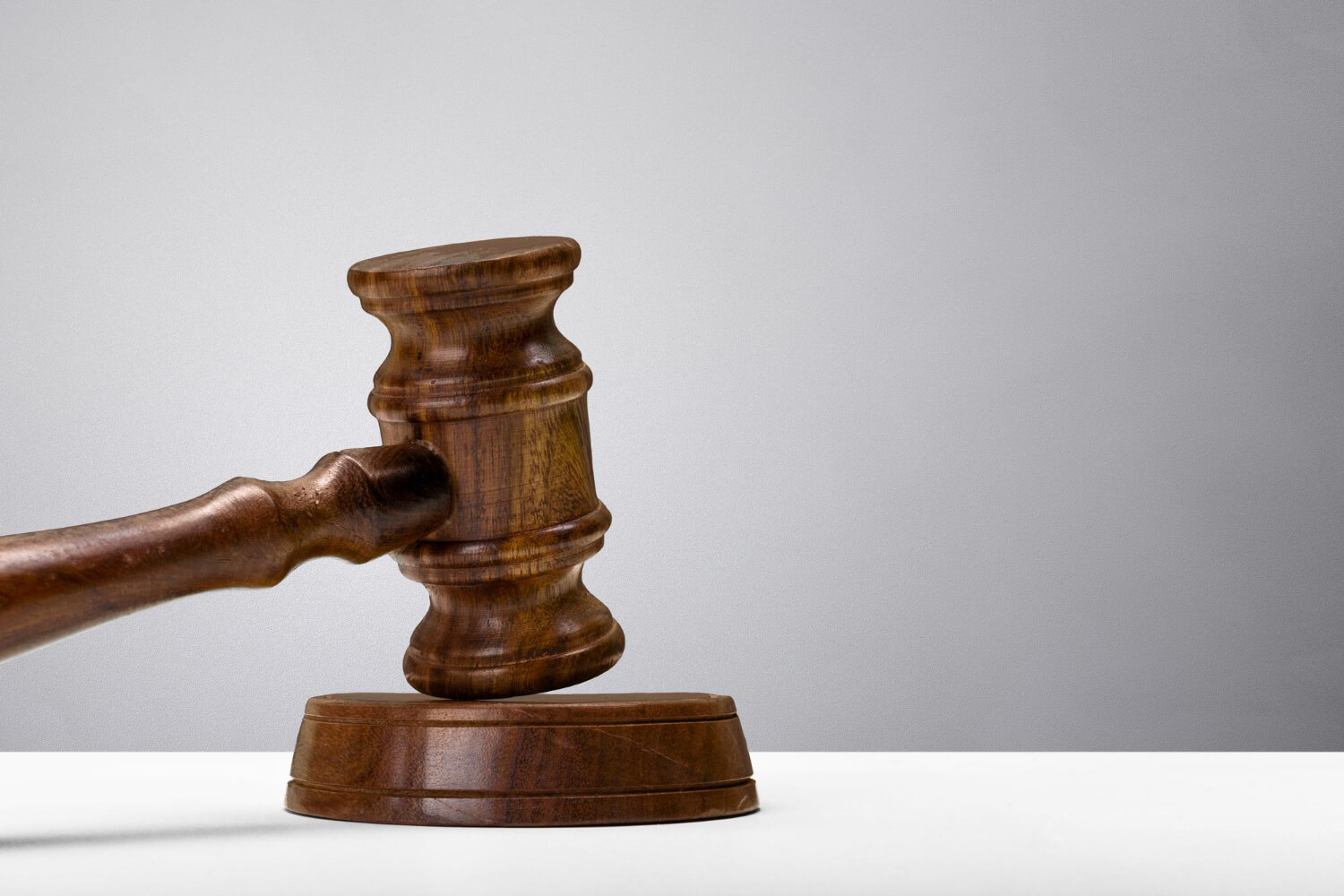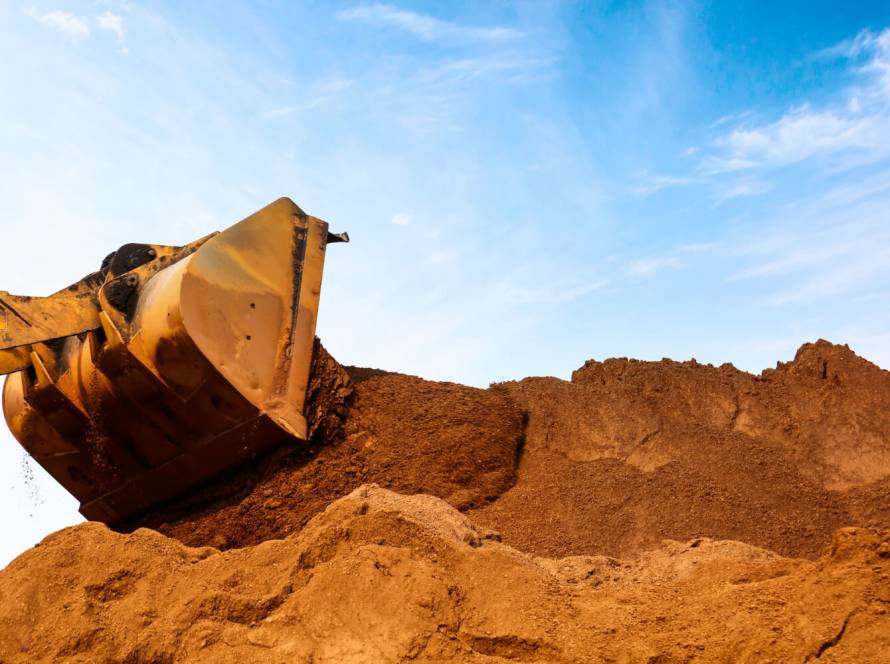The honourable Chief Justice on the 3rd October 2025, invoking his powers under law, has made rules with regard to the rights of the accused persons’ access to information of both; the prosecution’s witnesses and documentary evidence intended to be used by prosecution at trial. The rules are applicable only to courts that are subordinate to the High Court except the martial and primary courts.
The rules make the accused persons entitled to copies of; 1.all the witnesses that the prosecution intends to mount in proving the prosecution’s case and 2. Copies of all the documents that the prosecution intends to produce during trial.
The amendment requires that, if the prosecution intends to start the case after the completion of investigation by the police, then the charge sheet instituting the said case in court should be filed together with both copies of the witness statements and documentary evidence to be used. And copies of the same should be given to either the accused persons or their advocates before the accused is made to make a plea of either guilty or not guilty at court.
Where the prosecution institutes the case before the completion of the investigation then the accused person or their advocates are to be given a copy of both the witness statements and the documentary evidence to be relied upon before the preliminary hearing.
The rules provide that any person whose statement was not provided to the accused as in above or whose name was not in the list provided by the prosecution; then that person can not be allowed to give evidence in court in the respective case. Consequently, a document that was not made available to the accused person will not be produced in court at trial.
These rules introduce the aspect of fair and impartial trial in criminal proceedings before subordinate courts; an important safeguard to basic individual rights including the right to due process in criminal prosecution. Also, it gives the prosecution an opportunity to well prepare for the trial by not being caught in surprise.



